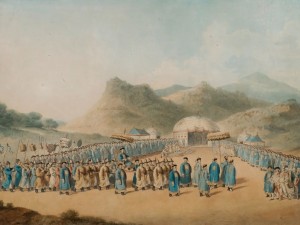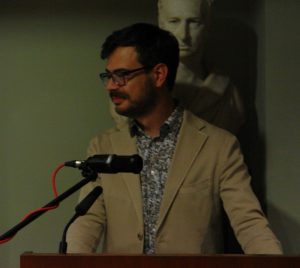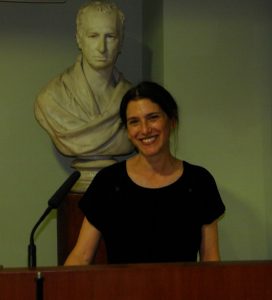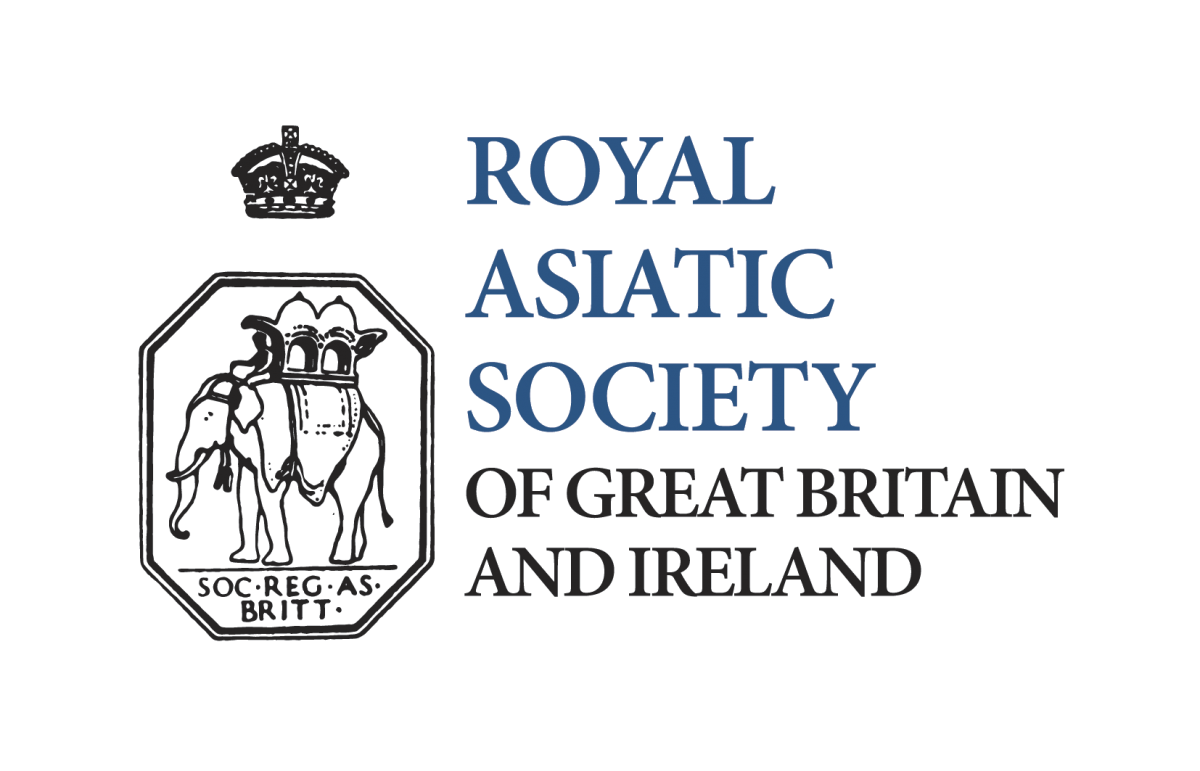The Staunton Award and Recent Lectures

The Staunton Award was instigated by the Society to mark the new Millennium ― the honour is accompanied by a small prize of £250. It is awarded to an outstanding article written by a young scholar. Since the purpose of the award is to celebrate early and youthful achievement, it is appropriately named after Sir George Staunton, one of our founders, who at the age of 12 learnt Chinese and travelled to China to act as an interpreter and diplomat for the McCartney mission of 1792. Former recipients of the award include Fozia Bora for her article, ‘Did Ṣalāḥ al-Dīn Destroy the Fatimids’ books? An Historiographical Enquiry’; Martin Worthington for his article, ‘On Names and Artistic Unity in the Standard Version of the Babylonian Gilgamesh Epic’; and Felicia Yap for ‘Eurasians in British Asia during the Second World War’.
The Royal Asiatic Society is now accepting submissions for the next presentation of the award. If you are a current PhD student or ―if you passed your doctorate on or after 1st January 2014 ―you will be eligible to submit. All short-listed articles will be published in the journal.
Last Thursday, 7th June, Dr Umberto Bongianino, from Oxford University, lectured on “Like Sweet-Smelling Blooms: Arabic Calligraphy in the Islamic West”. Dr Bongianino gave an overview of the manuscripts produced in the western Islamic world particularly in the Almohad period when many beautiful manuscripts were produced. Of course his lecture was accompanied by exquisite illustrations as he guided us through the forms and styles of different manuscript calligraphy.

On Thursday 14th June Professor Ornit Shani from the Department of Asian Studies, University of Haifa, lectured on “How India became Democratic”. Her talk, based on her latest publication, examined how the Secretariat engaged with the public in the process of establishing universal suffrage through the use of the medium of the press and creation of narratives. Public engagement was further encouraged through letter writing and in raising questions about the practicalities concerning, for example, refugees and homeless people in an attempt to register as many people as possible.

This evening (Friday 15 June) the Society is hosting the British Chinese Armed Forces Heritage Double Lecture on Chinese Labour Corps. John de Lucy will explain how his Grandfather, W.J. Hawkings, brought over 100,000 men from China to France to help with the war effort. After the war, the workers were retained to help clear the battlefields before being repatriated back to China. This is a chance to take a look at the rare collection of photographs taken by W.J Hawkings depicting the lives of the Chinese Labour Corps, both in China and on the Western Front. This will be followed by Frances Wood whose talk, “Essential but Unacknowledged: The Contribution of the Chinese Labour Corps in WWI” will shed more light on the untold story of the 100,000 Chinese who were recruited into the Chinese Labour Corps of World War One. To attend, please register on eventbrite.
